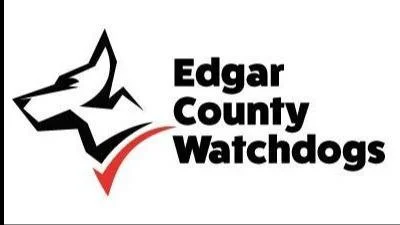Many children struggled with learning loss due to school closures and remote learning during the COVID-19 pandemic. | CDC/Unsplash
Many children struggled with learning loss due to school closures and remote learning during the COVID-19 pandemic. | CDC/Unsplash
The East Central Reporter recently interviewed Illinois state Rep. and District 102 candidate Adam Niemerg to hear his opinion on school closures across the state during the COVID-19 pandemic.
"We denied kids in-person learning and then when they were allowed back to school, we forced them to wear masks all day long," Niemerg said. "We did tremendous harm to our kids and set many at-risk students far behind where they need to be academically. Kids need to be in school and there is no reason now to force them to wear masks."
A UNICEF report from October 2021 found that government-mandated lockdowns and school closures negatively impacted children, leading to more fear, stress, anxiety, depression, alcohol and drug abuse, loss of learning, irregular physical activity and sleeping habits.
"Parents are upset,” Niemerg said. “They could see their kids struggling and they tried to help and minimize the damage as best they could but for kids already struggling with school, the pandemic only made their situation even worse."
When asked who should be making decisions regarding school closures, Niemerg said, "We don’t need bureaucrats in Chicago or Springfield making these decisions. They should be made at the local level with school boards working with parents and families."
Enrollment in Pre-K-12 schools in Illinois declined by 3.6%, or roughly 70,000 students, during the 2020-2021 school year, according to Capitol News Illinois. Chronic absenteeism increased during that school year, with 22.8% of all Illinois students missing 10% or more of all school days. The number of students who exhibited grade level competence in math and English language arts decreased, with 17.8% fewer students demonstrating proficiency in math and 16.6% fewer students demonstrating proficiency in English.
“We know from national studies from the (U.S. Centers for Disease Control and Prevention) that school districts serving primarily Black and Hispanic students provided the least access to in-person learning last year,” said Brenda Dixon, Illinois State Board of Education (ISBE) research and evaluation officer. “We suspect that less access to in-person learning contributed to lower engagement among Black and Hispanic students.”
School districts that offered more in-person learning saw smaller declines in enrollment than schools that used mostly remote learning, Illinois Policy reported.
In March, the ISBE announced a $17 million grant to establish a supplemental learning program for students impacted by learning loss due to school closures, according to the Dewitt Daily News. The program will be geared specifically towards low-income students.






 Alerts Sign-up
Alerts Sign-up